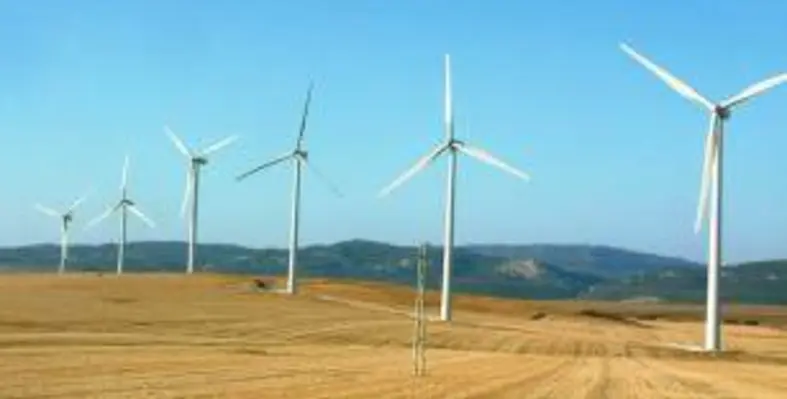Iran is planning its first tender for utility-scale renewable-energy projects by 2016-end so that it could draw US$12bn investment by the time it is complete, reports suggest
The country will witness 5GW of renewable energy in the next five years and an additional 2.5GW by 2030, Iran?s energy minister Hamid Chitchian told Bloomberg.
The Gulf nation, re-opened to investors following last year?s nuclear deal, has been courted by international green power investors at the same time it boosts oil production for export.
?We are not going to use the money from oil in that sector at all,? Chitchian said. ?All the investment will be done by the private sector, including local and foreign companies.?
Iran?s Energy Ministry is already in talks with some of the largest renewable-energy players including Vestas Wind Systems A/S and Siemens Wind Power, Chitchian said.
Vestas? chief sales officer Juan Aratuce said last month that Iran could be an important new market for wind energy. Automaker Iran Khodro Company is negotiating with South Korea?s LG International Corp. to jointly develop electric vehicles.
?Foreign direct investment dried up during the sanctions but it is already starting to flow,? said Mohammad Hassan Habibollahzadeh, Iran?s charge d?affaires in the UK. ?Many companies have signed agreements during the last few months. Electricity is considered to be one of the most important sectors,? he added.
Most of Iran?s power plants are over 40 years old and need to be renovated and repowered, he said. The government is planning to invest a total of US$50bn in its electricity system in the next seven years.
The ministry has set 12 separate feed-in tariffs for renewables, depending on the type of technology and the size of the power plant. That system will be kept for projects under than 100MW. The new tender system will be used for facilities with higher generation capacities.
According to him, Iran will tender 1GW of wind and as many as 3GW of solar power, likely in several stages. It is also seeking to build biomass and geothermal plants and swap natural gas for electricity with Armenia, Chitchian noted.
Iran currently supplies 80 per cent of its power from natural gas and wants to raise that figure to 90 percent by the end of next year.








